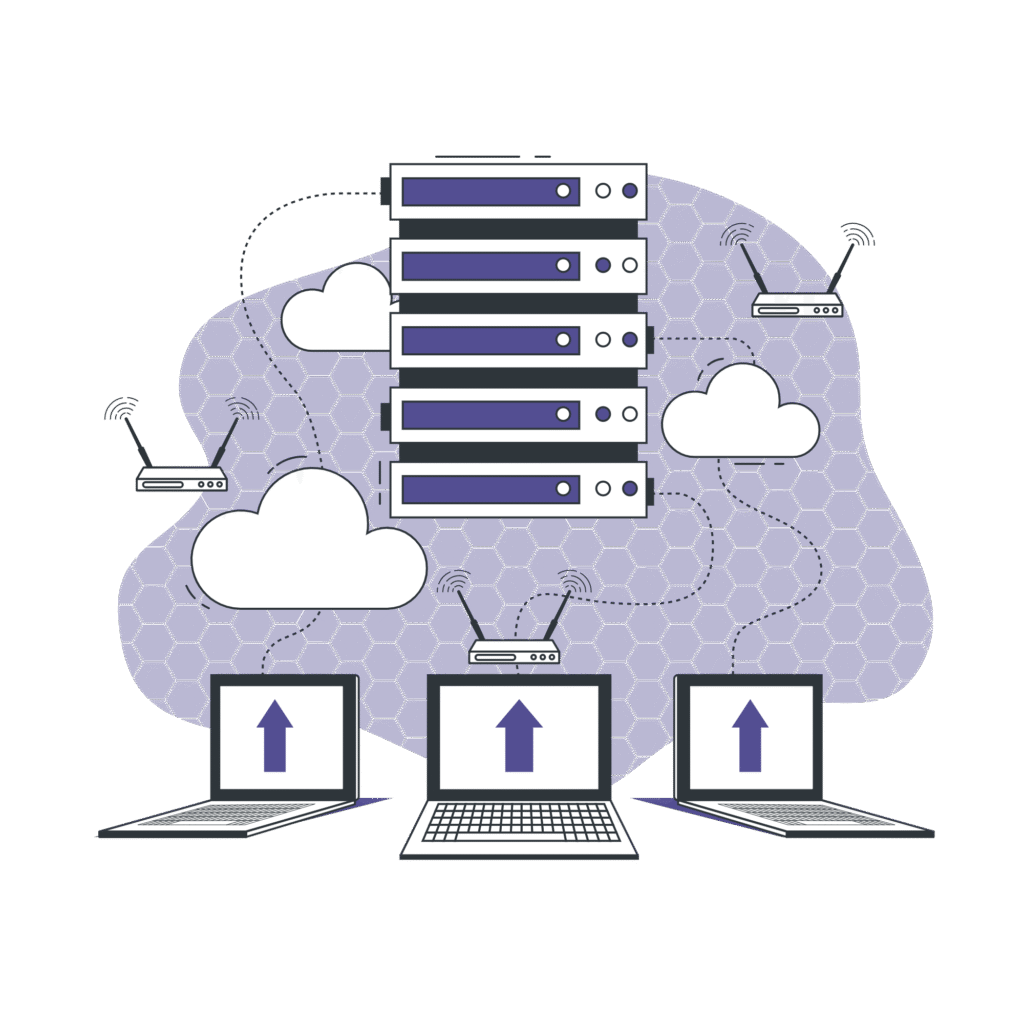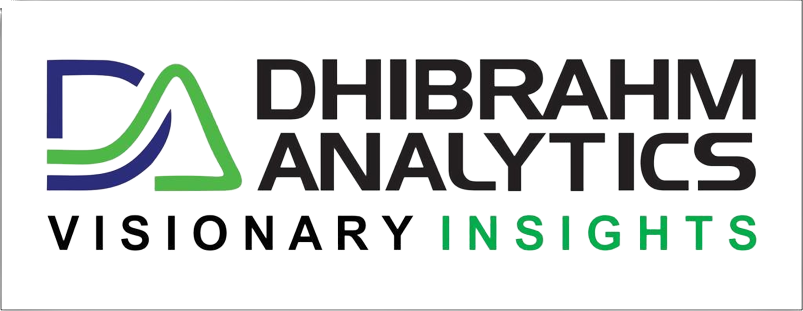SQL Training Course

Earn a recognised SQL Training Course certification in India with hands-on practice and gain real-world database skills. Learn data querying, database management, and advanced SQL techniques through real-time projects. Build job-ready expertise, enhance problem-solving skills, and benefit from dedicated job assistance, preparing for roles like Database Analyst, Data Analyst, or SQL Developer across top industries.

Overview
This SQL Training Course in India offers hands-on learning through real-time projects. Master data querying, database management, and advanced SQL concepts while developing practical skills. Designed for beginners and professionals alike, the course includes certification and job assistance, preparing you for roles in database management, data analytics, and SQL development.”
Key Features
Online/Offline Classes
100% Job Assistance
Real-World Projects
Access To Course Videos
Interactive Doubt Solving Sessions
Mentor Support
Tools and Technologies Covered
-
Data Analysis
-
Database Management
- Programming & Development
- Machine Learning
- Productivity Tools





Course Curriculum

Learn about MS SQL Server, its setup, and environment. Understand database structures and the basics of relational database management.
Explore how to create, name, and manage databases. Learn table creation, deletion, importing, exporting, and applying constraints.
Understand how to filter, sort, and summarize data using SQL queries, WHERE clauses, and aggregate functions.
Master different types of joins — inner, outer, cross, and self joins. Learn about data relationships and building logical data models.
Work with character, numeric, date, and miscellaneous functions to perform efficient data analysis and transformation.
Gain hands-on experience with window functions like RANK, DENSE_RANK, LAG, and LEAD. Learn to create stored procedures, use CASE statements, and perform looping.
Learn to create views, transpose data, and handle complex queries
Apply your knowledge on live datasets through real-world projects and earn a recognized SQL certification with job assistance.

Projects Included In This Course
Lorem Ipsum has been the industry standard dummy text ever since the 1500s, when an unknown printer took a galley of type and scrambled it to make a type specimen book.
Lorem Ipsum has been the industry standard dummy text ever since the 1500s, when an unknown printer took a galley of type and scrambled it to make a type specimen book.
Why Enroll In Our Sql Training Course?
Up To Date Curriculum
Our curriculum, designed by industry experts, matches top multinational company requirements for a comprehensive and up-to-date learning experience.
Real-World Projects
Gain practical experience through real-world data analytics projects at Dhibrahm Analytics, understanding how things work in the field.
Expert Instructors
Learn from top experts from IITs and industry professionals, providing the exact knowledge companies seek. Their experience guides you on what to focus on.
24/7 Personal Mentors
We Have a dedicated mentor available 24/7 to assist with questions or problems you may encounter during your learning journey.
Flexible Learning
Choose from online, offline, weekend, regular, and various class formats tailored to your convenience. For more details, call us now.
Soft Skills Emphasis
Recognize the importance of soft skills and communication in data analytics jobs, focusing on developing these alongside hard skills.
FAQs
What is SQL?
SQL (Structured Query Language) is a domain-specific programming language used to manage and interact with data stored in relational databases. It is designed to work with structured data organized in tables, with rows and columns, making it easy to retrieve, insert, update, or delete information.
SQL acts as the communication bridge between users and databases, allowing you to write commands that query data, manage database structures, and perform various data operations. As a standardized language, it is widely used across industries for handling data in a consistent and efficient way.
What are some of the use cases of SQL?
SQL is used to manage and analyze structured data in relational databases, and understanding its real-world applications is key to learning it effectively. Below are practical examples of how SQL is used across different fields to solve everyday data problems:
Marketing: SQL is used to query customer databases to find who purchased during a campaign, group users by location or behavior, and measure response rates, helping teams make targeted marketing decisions.
Finance: Financial teams use SQL to pull transaction records, calculate totals, compare trends over months, and flag anomalies (like unusually high expenses) by writing conditional queries.
Healthcare: SQL helps organize patient information by storing health records in structured tables, allowing quick searches for patient history, filtering data by condition or region, and generating medical reports.
Web & App Development: Developers write SQL queries to store user sign-ups, retrieve profiles, update preferences, and manage content, every interaction with data on the backend goes through SQL.
Data Analytics: Analysts use SQL to extract data from large databases, apply filters (e.g., by time period or location), clean inconsistent values, and join tables to uncover insights that drive decisions.
Data Science: SQL is often the first step in the workflow, used to merge datasets, select relevant columns, remove duplicates, and shape the raw data into a usable format for model training.
Operations: From stock management to employee schedules, SQL is used to track quantities, monitor order statuses, and run regular reports that keep daily business activities running smoothly.
How to learn SQL?
To learn SQL, start with the fundamentals: understanding how relational databases work and learning to write queries using commands like SELECT, WHERE, and JOIN. A structured SQL beginner course can help you progress from basic queries to more advanced data manipulation. The best way to learn SQL online is through a mix of theory and hands-on practice, working with real datasets, solving exercises, and building your own mini projects. With regular practice and step-by-step learning, anyone can gain the skills needed to use SQL confidently in real-world applications.
What are the skills included in this SQL Training Course by Dhibrahm Analytics?
This SQL beginner course by Dhibrahm Analytics is structured to help you learn SQL online with a step-by-step approach. You’ll start with database fundamentals and core SQL commands like SELECT, WHERE, GROUP BY, and JOIN. As you progress, the course focuses on real-world tasks, filtering data, building reports, and writing queries to solve business problems.
You’ll also learn how to structure databases, combine tables, and optimize queries for performance. Each module includes hands-on exercises to help you apply what you’ve learned.
By the end of the course, you’ll be confident in:
- Writing complex SQL queries
- Structuring clean, efficient databases
- Analyzing datasets for insights
- Preparing data for dashboards and reporting tools
What programming languages or skills do I need to know before starting a SQL course?
You don’t need to know any programming languages to start learning SQL. SQL is beginner-friendly and often the first step into the world of data and databases. Basic computer skills and a general understanding of how data is organized in tables (like in Excel) can be helpful, but not required.
If you’re familiar with logic, patterns, or analytical thinking, it can make learning SQL easier, but even without that, a structured SQL beginner course will guide you step by step. Whether you’re a student or a working professional, you can learn SQL online with no prior coding experience.
What are the benefits of learning SQL in 2025?
In 2025, data is at the core of every decision-making process. Learning SQL helps you retrieve, analyze, and manage structured data across industries like marketing, finance, and tech. It’s a valuable skill not just for developers, but for analysts, managers, and business professionals. SQL pairs well with tools like Excel, Power BI, and Python, making it essential for data-driven roles. Whether you’re starting your career or looking to upskill, learning SQL gives you the power to work with data confidently in today’s fast-paced digital world.
What additional courses or languages should I learn along with SQL?
If you’re learning SQL to build a career in data or tech, complementing it with the right skills can boost your opportunities. Python is a top choice, it’s widely used for data analysis, automation, and machine learning. For statistical work, R is great for modeling and research. Pairing SQL with Power BI or Tableau helps you visualize data and create dashboards. If you’re leaning towards software development, learning Java or C# helps in building applications that interact with databases. Also learning Excel will be highly beneficial as it is a key part of many analytics workflows, especially when used alongside SQL. These skills together make you well-rounded for roles in data analysis, business intelligence, and backend development.
What are the best career opportunities someone can pursue after learning SQL?
Learning SQL opens doors to several in-demand career paths, especially in data-driven industries. Roles like Data Analyst, Business Analyst, and Data Scientist rely heavily on SQL to extract and analyze insights from databases. In digital marketing, SQL helps professionals track campaign performance and customer behavior. Product Managers and Operations Analysts use SQL to make informed decisions using real-time data.
SQL is also essential in Business Intelligence roles, where professionals build reports and dashboards using tools like Power BI or Tableau. For those in software or backend development, SQL knowledge is crucial for building and managing data-driven applications. Whether you’re in tech, finance, healthcare, or e-commerce, SQL is a core skill that strengthens your ability to work with data and adds value across multiple roles.
What are some of the best free resources for learning SQL online?
There are several high-quality free resources available to help you learn SQL online at your own pace. Platforms like W3Schools and SQLBolt offer interactive tutorials that cover both basic and advanced concepts. Kaggle provides SQL exercises using real-world datasets , great for hands-on learners. Mode SQL Tutorial is another beginner-friendly option, ideal for data analytics practice.
For video-based learning, YouTube channels like freeCodeCamp offer full-length SQL courses with guided explanations. You can also explore LeetCode or Hackerrank to sharpen your SQL skills through real-world problem solving.
These resources are perfect if you’re looking for a self-paced SQL beginner course and want to build a strong foundation without any upfront cost.
